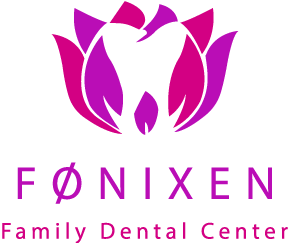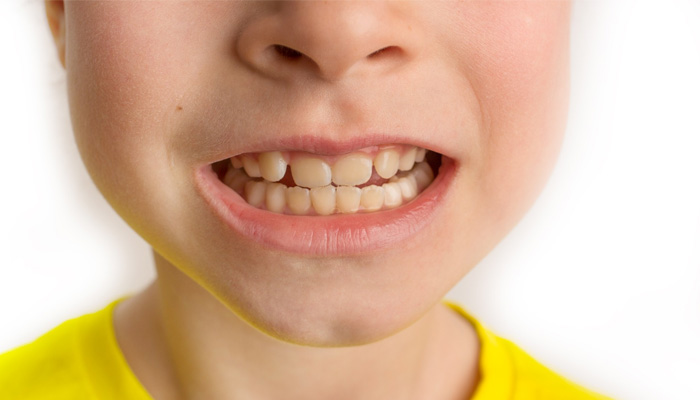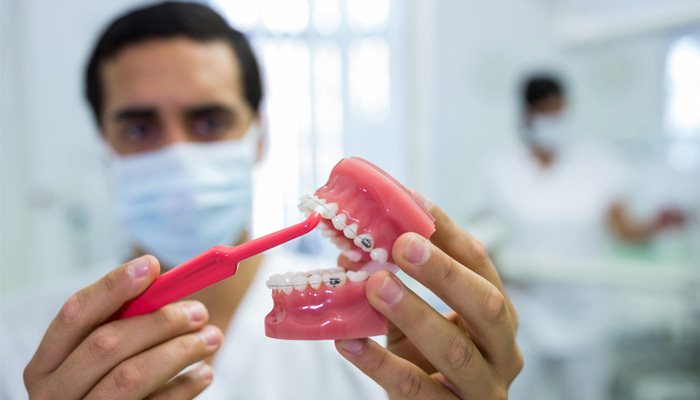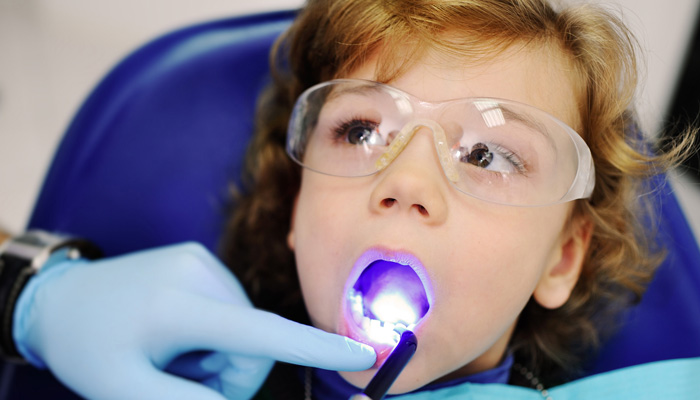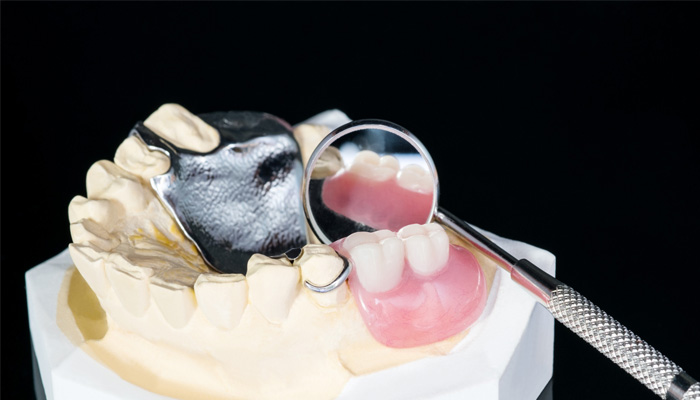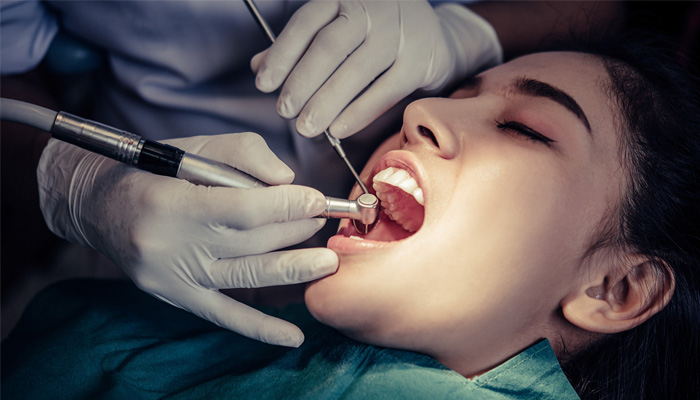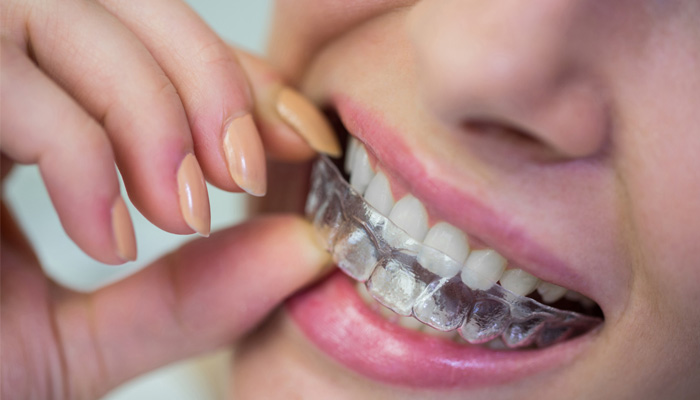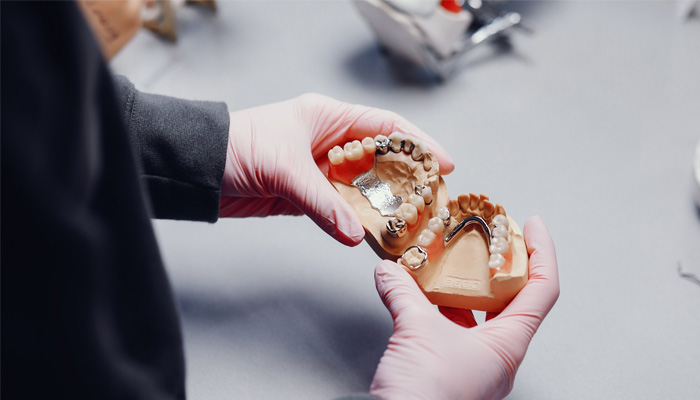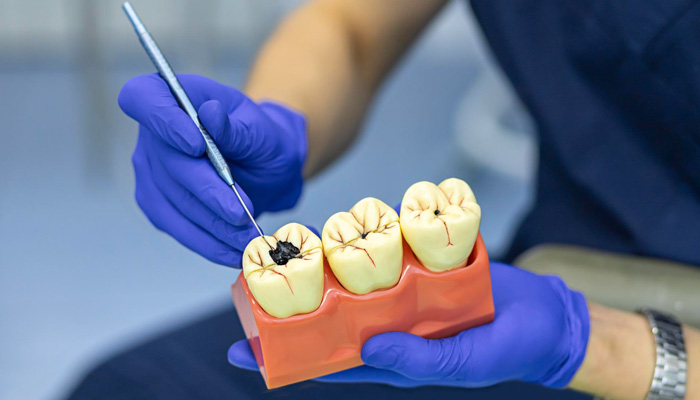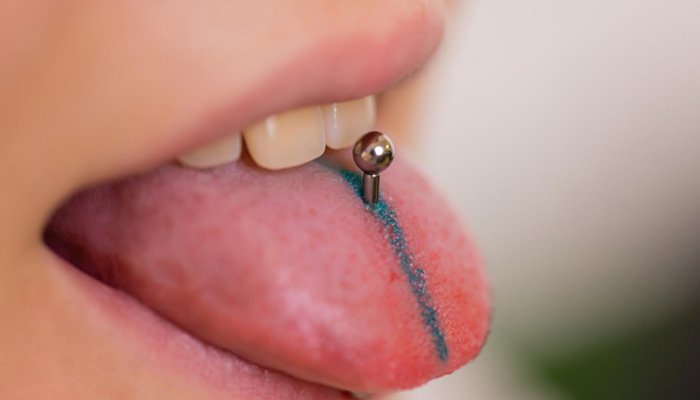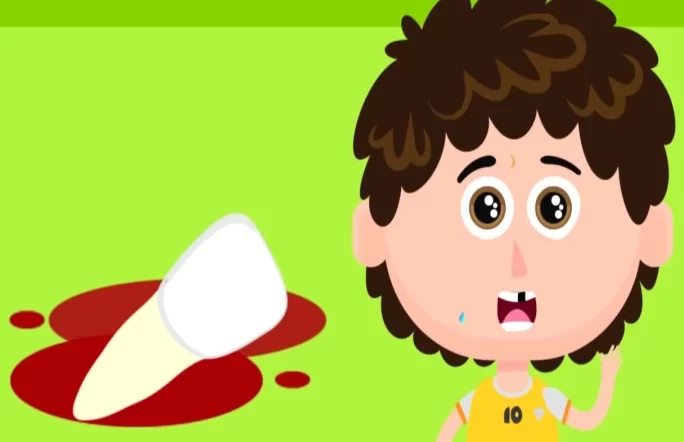Eating disorders are abnormal eating behaviours that affect the oral health of children and can cause nutritional deficiencies. It involves irregular eating habits, related thoughts, and emotions. Anorexia nervosa, bulimia nervosa, and binge eating are various eating disorders. The deficiencies due to eating disorders may have a severe impact on damaging the oral tissues.
Types of eating disorders
- Anorexia Nervosa: It creates a fear in children of gaining weight or becoming fat, even if they are very thin. They may starve to maintain their body weight correctly, and severe health problems may arise in their daily lives.
- Binge-eating disorder: In this condition, children will consume food in short intervals of time and feel guilty afterwards. They fear gaining weight and try to limit their eating.
- Bulimia: This type involves eating food in large quantities and purging the food through forced vomiting to get rid of extra calories.
Preventive measures
- Continue your daily oral hygiene by brushing and flossing with fluoride toothpaste.
- Do not brush after vomiting; wash your mouth with mouthwash, wait for 15 minutes, then brush your teeth.
- Chew sugarless gums to make your teeth healthy. Sugarless gums like xylitol can prevent gum diseases and increase saliva production.
- Focus on healthy food, not body image and weight loss.
Treatment
Treatment options will depend on the type of disorder and severity; they include group and individual therapies, medications, medical care monitoring, and nutritional support. Some therapies may include counselling with family and friends, which can help them have a healthy relationship with food.
